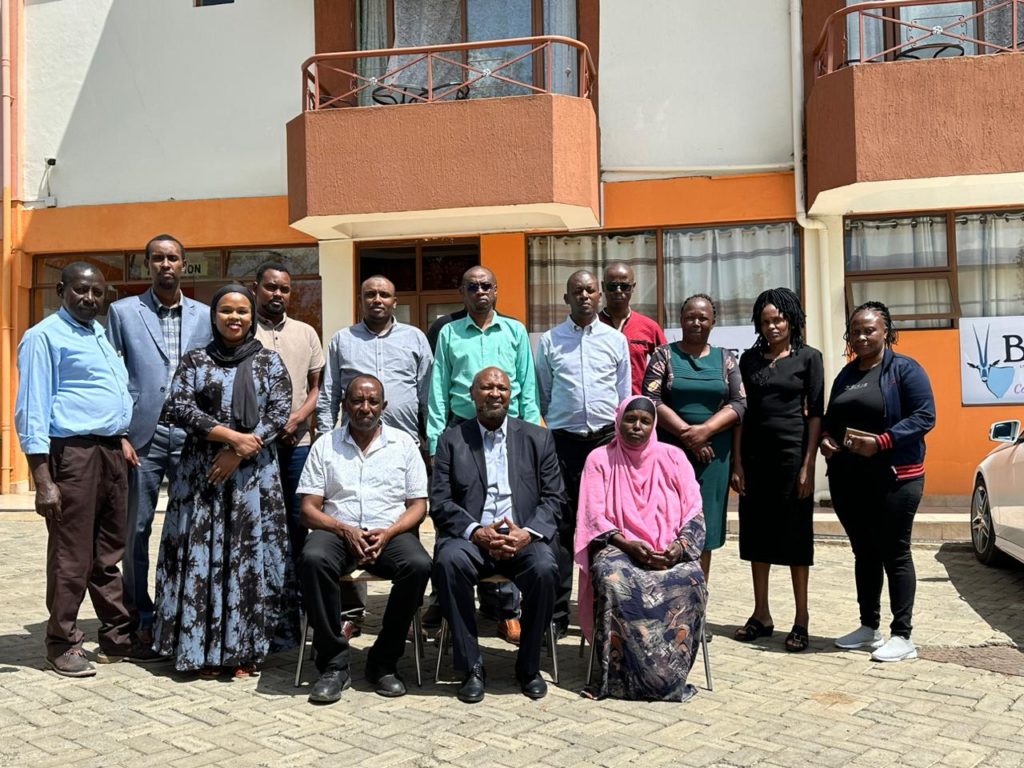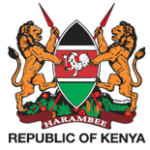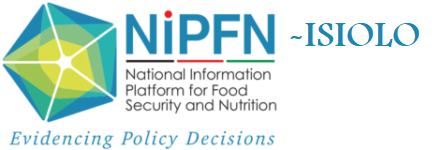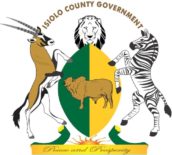IIPFN Was established in 2023 as an Initiative of the NIPFN in collaboration with County Government of Isiolo with support from European Union through KNBS and We World



The Repository acts as a one stop shop for food security and nutrition based resources.
Nutrition at a Glance
Our Stakeholders
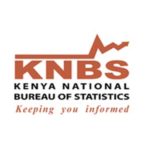
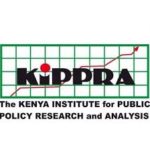
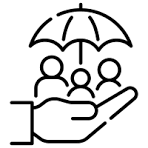





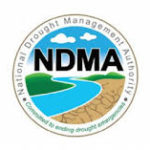

About Isiolo County
Isiolo County is located in the Upper Eastern Region of Kenya and is one of the Arid and Semi-Arid Lands (ASALs) in Northern Kenya covering approximately 25,700 square kilometers. Given its huge size, the county borders Meru and Tharaka Nithi Counties to the South West, Marsabit County to the North, Samburu and Laikipia Counties to the West, Garissa County to the South East, Wajir County to the North East and TanaRiver and Kitui Counties to the South. The County had a population of 268,002 as per KNBS census of 2019. By year 2025 the total county projected population will be 330,000 and this will further rise to 345,000 by year 2027.
The county is generally an Arid and Semi -Arid Area with about 80% of the land non-arable. The short rains occur between October and December while the long rains occur between March and May. The economic mainstay is pastoralism but blended with crop farming, beekeeping, and recently fish farming.
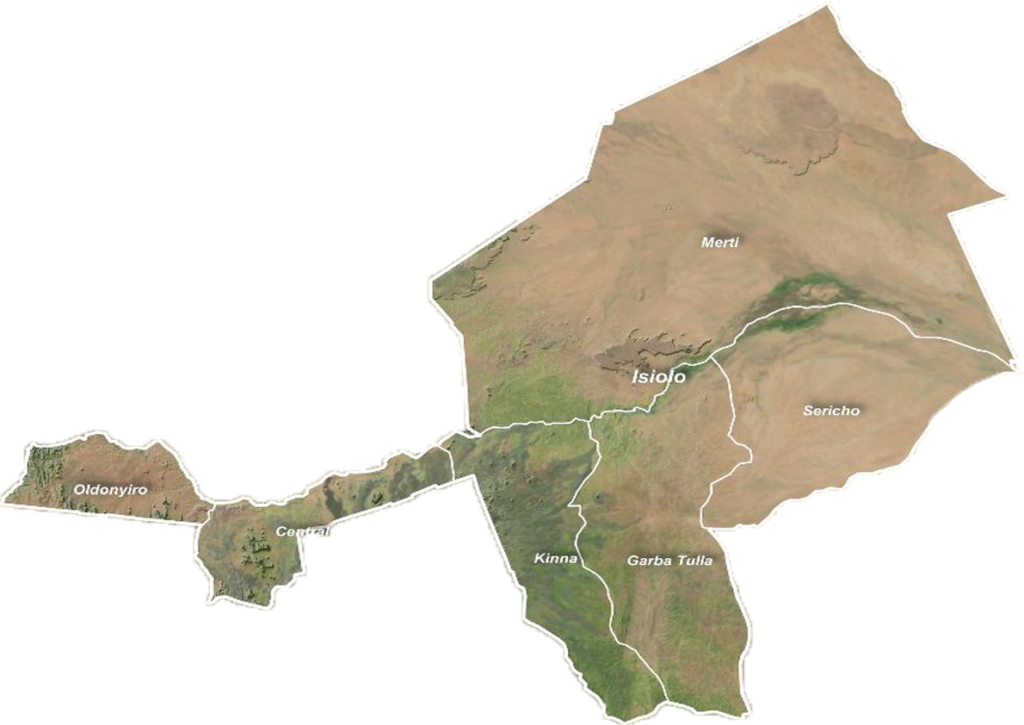
Global NIPN
The National Information Platform for Nutrition (NIPN) is an initiative by the European Union (EU). The platform is rooted within existing institutions and national multi-sectoral coordination systems for nutrition. Analyses of available data provides evidence that is used by national stakeholders to develop policies, design programmes and allocate investments, through the NIPN operational cycle which consists of the following three interrelated elements: –
• Question formulation based on government priorities;
• Analysis of data to inform the questions;
• Communication of the findings back to government.
The NIPN operational cycle is supported by the national NIPN structure made up of actors within policy and data components:
• Policy component convenes and facilitates a multisectoral advisory committee, playing a key role in formulation of policy questions, interpretation of analyzed data, and communication of findings.
• Data component collates multi-sectoral data in a central repository and undertakes data analyses.
Both components are hosted by national organizations. The NIPN country team, comprising staff from the national host organizations, staff on contract and technical advisors, is embedded within these two components and is responsible for implementing the NIPN approach. The NIPN Multi-Sectoral Advisory Committee guides the country team, validates its work, and ensures information flows between NIPN and the national multi-sectoral mechanisms for nutrition.
The Kenyan NIPFN is part of a larger initiative that are members of the Scaling Up Nutrition (SUN) movement in the following countries: Bangladesh, Ethiopia, Burkina Faso, Laos, Niger, Uganda, Guatemala, Ivory Coast and Zambia. The Kenya National Bureau of Statistics (KNBS) and the Kenya Institute for Public Policy Research and Analysis (KIPPRA) are the two State Corporations mandated by the Government of Kenya to implement the project in collaboration with the relevant stakeholders.
NIPFN in Kenya
The National Information Platform for Food Security and Nutrition (NIPFN) is a country-owned and country-led initiative funded by the European Union (EU), Foreign, Commonwealth & Development Office (FCDO), and the Bill and Melinda Gates Foundation. The initiative aims at promoting stakeholders’ dialogue and strengthening the national capacity to manage and analyse existing information and data from all sectors that influence food security and nutrition to better inform decision-making and improve nutrition and food security.
The project is being jointly implemented by Kenya National Bureau of Statistics (KNBS) in partnership with Kenya Institute for Public Policy Research and Analysis (KIPPRA) and in collaboration with stakeholders from diverse government institutions dealing with food and nutrition security.
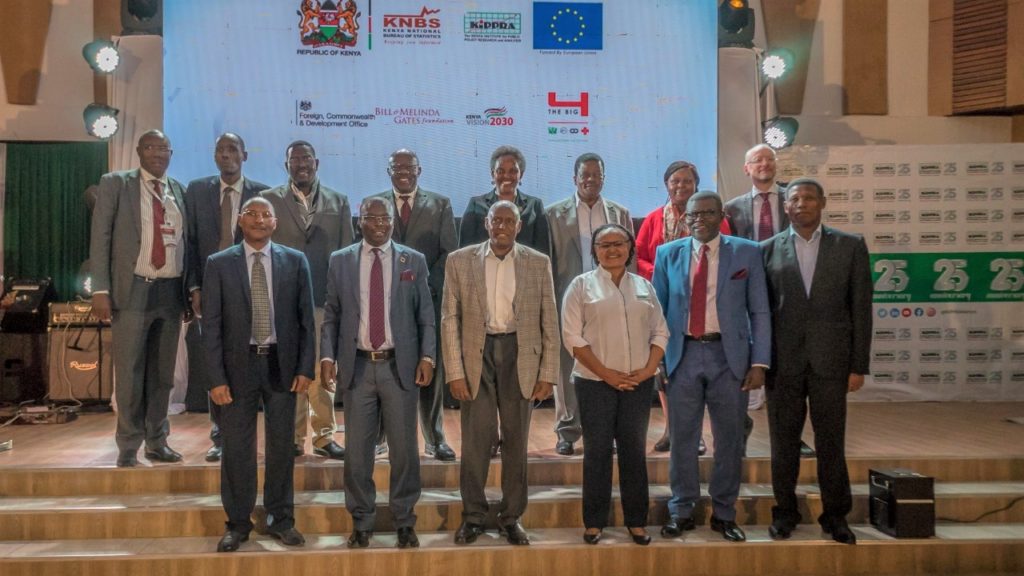
NIPFN Isiolo
Isiolo Information Platform for Food Security and Nutrition (IIPFN) is an initiative by the European Commission though support of Kenya National Bureau of Statistics, Kenya Institute for Public Policy Research and Analysis (KIPPRA), We World and the County Government of Isiolo. The platform supports strengthening of information systems and data analysis for nutrition, to better inform strategic decisions with the ultimate goal of preventing all forms of malnutrition in the County.
Through this platform analysis and interpretation of existing information and data on nutrition and food security at county level will be enhanced; data gaps will be identified and quality of data improved. The platform will also advance realistic arguments about the effectiveness of interventions, programs, approaches, and investments to prevent malnutrition. In addition, the initiative contributes to monitoring the County’s progress towards meeting commitments for preventing malnutrition, thereby strengthening accountability of government and partners in dealing with malnutrition.
The roll out of this platform inception took place in November 2022 which was followed up with sensitization of County Officers, design of the portal by KNBS, upload of the data and information in consultation with the county government’s team and consequently validation of the prototype portal.
